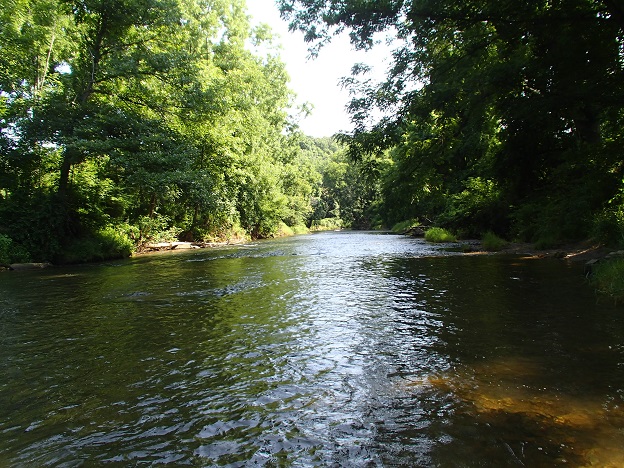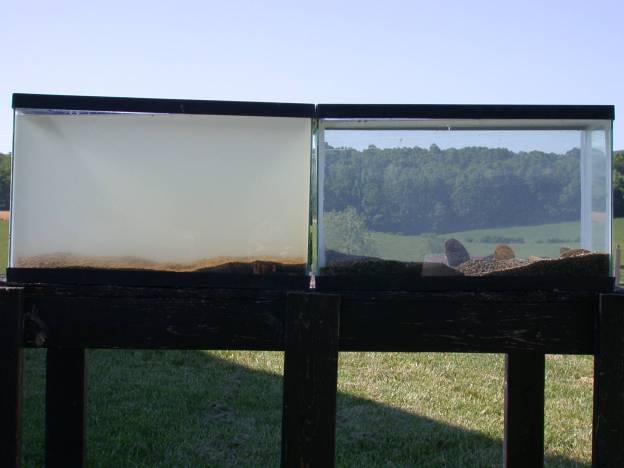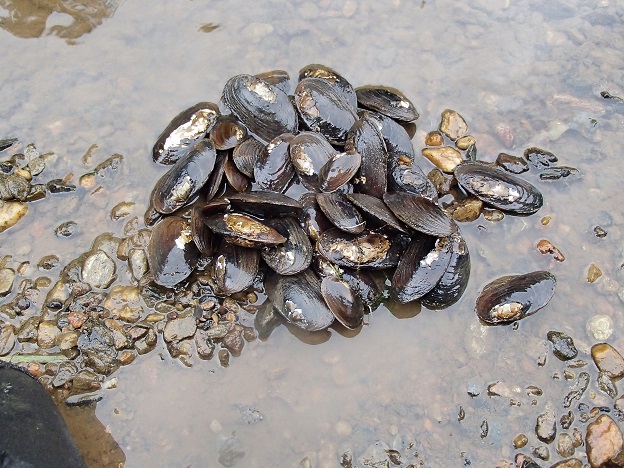Freshwater Mussel Restoration in the Chesapeake Bay and Susquehanna River Watershed
Main_Content
Freshwater mussels are important components of many aquatic ecosystems because of their filtering ability which improves water quality. One of the most important species of freshwater mussel in the Chesapeake Bay watershed is the Eastern Elliptio (Elliptio complanata). Freshwater mussel abundance and distribution in the Susquehanna River basin is affected by Conowingo Dam. The hydro-power operations at Conowingo Dam limit the abundance and habitat of freshwater mussels (FERC
study 3.16 and
3.19). Because the freshwater mussel life cycle requires a host-fish, in particular the American eel (Anguilla rostrata) for Eastern Elliptio, the lack of migratory fish passage significantly restricts mussel reproduction. Consequently, freshwater mussel species have experienced a reduced geographic range and a decreased presence in the watershed. The restoration of mussels is a key part of the Revised Water Quality Certification, 17-WQC-02(R1) issued October 2, 2025 by the Maryland Department of Environment (MDE) found HERE, due to the continued impact to mussels from operation of Conowingo Dam.

Deer Creek (MD DNR)

Freshwater Mussels Tank (Dr. R.J. Neves-Virginia Tech)

Eastern Elliptio Mussel (MD DNR)
Regional Endeavors: Stories From the Field
Maryland Department of Natural Resources
Anacostia Watershed Society
The Chesapeake Bay Watershed Region Freshwater Mussel Partnership
"A healthy and robust bed of freshwater mussels is something to behold, and we're now beginning to understand that natural mussel beds provide important benefits to ecosystems, fisheries, and people - similar to the highly touted benefits that oyster reefs play in saltwater bays. Although there are still important scientific questions to resolve, investments in mussel beds in the right places should help us address clean water goals, promote ecological sustainability, and they might even help save some money on water treatment."
-Dr. Danielle Kreeger,
Drexel University
Center_Content

Deer Creek (MD DNR)

Freshwater Mussels Tank (Dr. R.J. Neves-Virginia Tech)

Eastern Elliptio Mussel (MD DNR)
